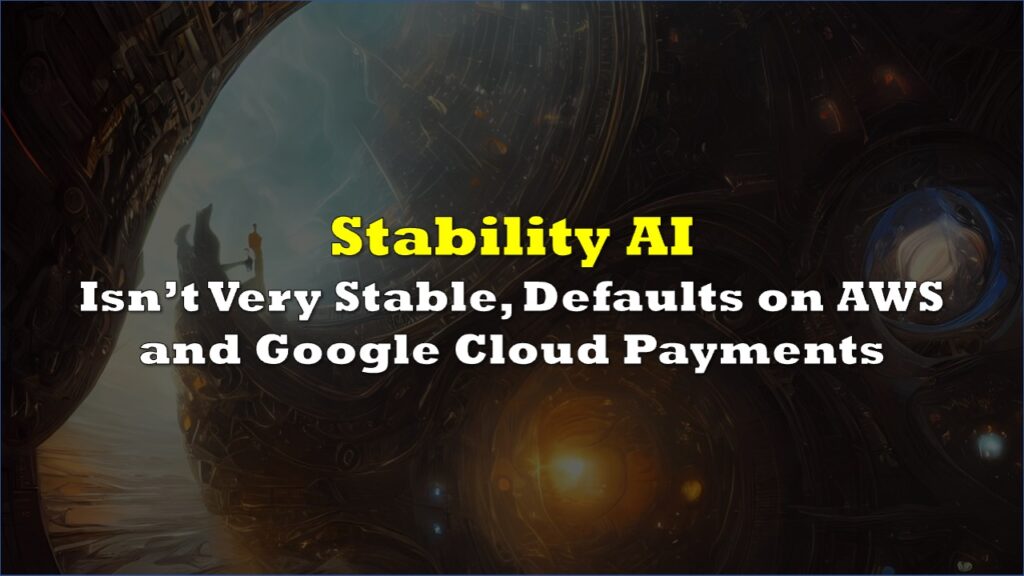The US electric utility industry is forecasting a significant increase in electricity demand driven by the rapid growth of data centers powering emerging technologies like generative AI.
According to a Reuters analysis, nine of the top 10 US electric utilities cited data centers as a primary source of customer growth, leading many to revise their capital expenditure plans and demand forecasts upwards.
This surge in data center-related electricity demand contrasts sharply with the industry’s recent history. Only two of the companies mentioned data centers as a key factor during the same earnings period last year. Jim Lydotes, the head of equity income for Newton Investment Management, a BNY Mellon IM firm, believes “the growth is going to kick in faster than it has in decades.”
The growing electricity appetite of data centers is expected to have a significant impact on the industry. Morgan Stanley’s research suggests that global power use from data centers will triple from less than 15 terawatt-hours (TWh) in 2023 to 46 TWh this year. Longer-term projections by consulting firm McKinsey indicate that power demand from IT equipment in US data centers could reach more than 50 gigawatts (GW) by 2030, up from 21 GW in 2023.
This surge in demand is being driven by the rapid expansion of data centers, as well as an increase in US manufacturing and the electrification of sectors like transportation. Southern Co. (NYSE: SO), for example, expects data centers to propel its electricity sales growth to 6% each year from 2025 to 2028, up from predicted growth of 1% to 2% annually through next year. Similarly, NextEra Energy (NYSE: NEE), the world’s largest renewable energy company, has a project queue for data centers that would use more than 3 GW of power.
READ: Amazon Goes Nuclear, Acquires $650 Million Nuclear Data Center
However, the rapid growth in electricity demand has raised concerns that the US electric utility industry may struggle to keep up, as there is a swelling backlog of power generation and transmission projects waiting to connect to the grid. Rystad Energy analyst Geoff Hebertson warned that “these projects are not coming online fast enough to meet the local demand for the data centers.”
Additionally, some state legislators have grown concerned about the impact of data centers on power grids, emissions, and local economies, with the Georgia Senate recently voting to suspend some tax breaks for data centers.
Overall, the electric utility industry is facing a significant challenge in meeting the surging demand from data centers, which are poised to become a dominant driver of electricity consumption in the years to come.
Information for this story was found via Reuters, and the sources and companies mentioned. The author has no securities or affiliations related to the organizations discussed. Not a recommendation to buy or sell. Always do additional research and consult a professional before purchasing a security. The author holds no licenses.









